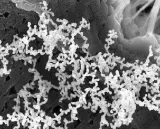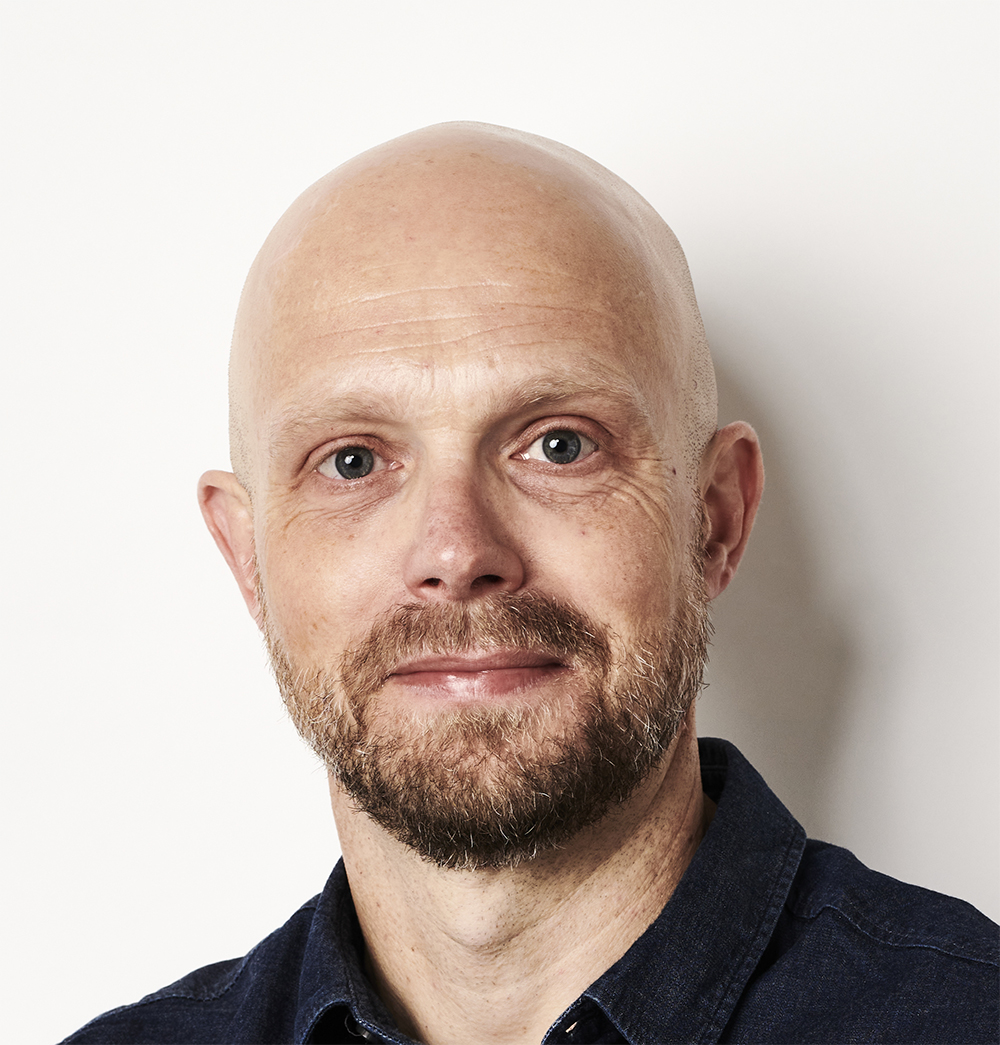
The International Space Station is preparing for a new era without the Space Shuttle visiting every few months. The focus is shifting from building it to learning to work and live in space and doing scientific research.
The Station’s diary is already filled with science, done by the astronauts or conducted remotely. The astronauts also act as test subjects themselves. How our bodies adapt to space conditions is still one of the most interesting questions, both for fundamental biology and future space exploration.
Scientists in Europe, Japan, USA and Canada are keeping their eyes on the crew’s physiological and neurological conditions. Reaction tests following a precise timetable map the daily effects of fatigue. Two special watches worn by the astronauts log their movements.

Ultrasound scans, electrocardiograms, blood-pressure measurements (pictured right) and electroencephalographs are all part of the daily timetable of the Station astronauts. Their food intake is monitored and the effects of different diets are recorded via blood and usine samples, bone measurements and gas analysis.
ESA astronaut Paolo Nespoli has been on a special diet. The SOLO experiment is studying his salt levels during periods of high and neutral salt intake, contributing directly to ground studies for maintaining good health.

There is also research studying the growth in space of advanced photonic materials like metal nanoparticles (pictured left) – core elements of tommorow’s super-fast optical computers – which is helping to push these materials from development to real applications, as well as an experiment monitoring the complicated flow patterns of liquids in zero gravity to help scientists understand their behaviour – and even our planet’s molten core.
And there is constant monitoring of radiation levels in different areas of the Station to get a clearer picture of how it may affect any human mission that will one day set out for Mars.
